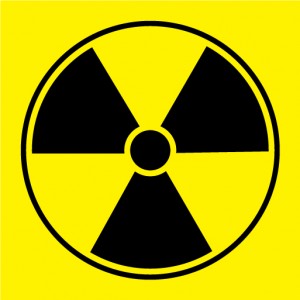 Judges often juggle hefty caseloads, particularly in intellectual property litigation.
Judges often juggle hefty caseloads, particularly in intellectual property litigation.
Knowing this, lawyers serve their clients well by making concise, memorable, and effective arguments.
Take Cal Tech’s attorneys, for example. On Friday, they told the U.S. International Trade Commission (‘ITC’) that “RIM’s mobile phones and tablets are not essential to the public’s health and welfare and are hardly comparable to nuclear devices or burn beds.”
Cal Tech filed a Section 337 complaint against ST with the ITC on May 1, 2012 over the university’s CMOS image sensor patents.
The complaint (below) asked the ITC to exclude products made by Swiss-based SMicroelectronics, Canada-based RIM, and Finland-based Nokia from being imported into and sold in the U.S. because they allegedly violate Cal Tech’s patents:
Section 337 Complaint (In Re: CMOS Image Sensors and Products Containing Same)
After RIM submitted a response to Cal Tech’s complaint, the university’s attorney’s filed a terse reply (below) to the struggling BlackBerry maker, saying that RIM’s mobile devices don’t deserve any special protection from ITC exclusion because the company’s products simply aren’t “essential to the public’s health and welfare” like nuclear weapons or beds for burn patients (references to past ITC complaints and decisions):
This argument seems likely to get the ITC’s attention.
But perhaps that is probably not RIM’s biggest priority right now. Today, RIM’s stock closed at $11.19 on the Toronto Stock Exchange, having lost more than 92% of its share price since a June 20, 2008 high of $148.00.
Could bankruptcy for the BlackBerry-maker be on the horizon?
Photo credit: D. Silliman
